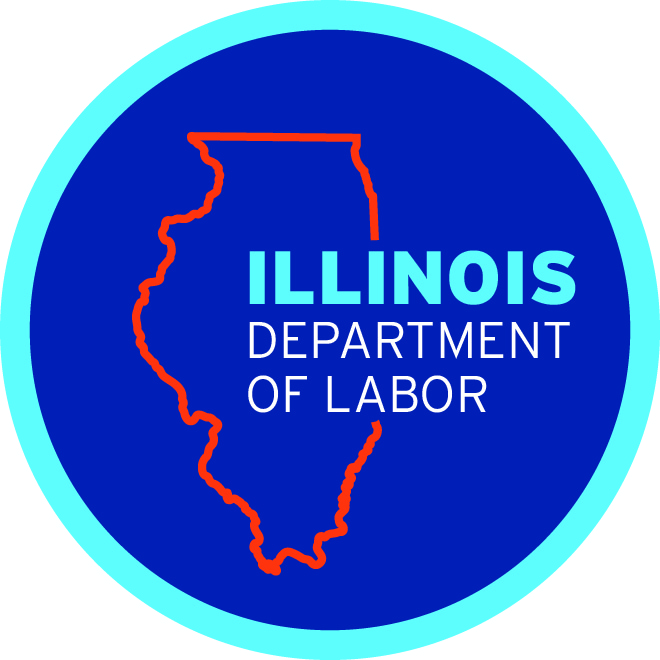The Equal Pay Registration Certificate program (“EPRC”) was created in 2021, when a new section was added to the IL EPA requiring all private businesses with 100 or more employees in Illinois to submit demographic, wage, and other data to - and obtain an Equal Pay Certificate (“EPRC”) from – IDOL. 820 ILCS 112/11. Designed to develop a big-picture look at the incidence of unequal pay due to sex or race among the State’s largest employers, the EPRC program also asks businesses how their average compensation for female and minority employees compares to that of male and non-minority employees, and how they review and address unequal pay due to sex and race. 820 ILCS 112/11(c).
Businesses subject to EPRC are affirmatively required to obtain EPRC certification, and to do so every two years after their first submission. 820 ILCS 112/11(a), (b). The forms and data required in an EPRC submission are all submitted via a dedicated EPRC portal; instructions on application submissions and use of the portal, and other information and guidance on EPRC compliance are available below, and in the Department’s EPRC Training Slides and FAQs. A business that believes it is covered by Section 11 but has not been contacted by IDOL should fill out an IDOL survey of business contacts to receive further instructions.
IDOL reviews each EPRC submission to ensure that it conforms to program requirements, and must approve or deny each submission within 45 days. An employer can seek administrative review of a denial of their EPRC certification. 820 ILCS 112/11(d). IDOL also may suspend or revoke an EPRC for failure to comply with EPRC or IL EPA requirements; an employer may seek administrative review of that IDOL action as well. 820 ILCS 112/11(e). If an employer subject to EPRC does not make their original or recertification submission as required, IDOL may issue a determination and order as a general violation of the IL EPA.
While the pay and other data IDOL collects under EPRC is confidential and not publicly available, a current employee of a business subject to Section 11 may request anonymized data regarding their job classification or title and the pay for that classification. 820 ILCS 112/11(h).

